
This after British PM Rishi Sunak issued an unanticipated order to increase the minimum income requirement (MIR) for UK family visas to more than double to take effect spring of 2024.
This move, according to Sunak, aims to crackdown on the alleged unabated ingress of immigrants who in 2022 has bloated to 745,000.
PM Sunak made the drastic announcement in the last quarter of 2023. "Immigration is too high. Today we’re taking radical action to bring it down.” Thus, the MIR was drastically initially increased to £38,700 from the present rate of £18,600.
This sparked outrage among migrant groups and British citizens and residents to be affected by the new rule. “This is a cruel way of separating families!” The migrant-led charity Migrant Voice said, condemning the new rule.
Days before Christmas, however, the Home Office announced that the MIR would be toned down and lowered to £29,000.
Sources say Sunak made a U-turn and slightly reduced the MIR after the Migration Advisory Committee underscored that the increase in the MIR, “…would throw wedding plans into disarray because many of those intending to marry foreign citizens next summer in the UK or overseas will no longer meet the minimum salary threshold needed to live together in Britain. Said committee is the UK government’s own migration adviser.
“FROM £38,700 to £29,000, A DREADFUL AND SHOCKING COMPROMISE”!!! – UK Migrant Groups
Still a hefty increase from the present £18,600! The migrant-led charity Migrant Voice said, condemning the new rule saying, “This is a cruel way of separating families”.
With the lowering of the MIR to £29,000, protesters are still not satisfied and vow to take their battle to the courts.
According to The Telegraph, “Officials had also warned the Prime Minister that the move would probably be defeated in the courts on the basis of family rights enshrined in the Human Rights Act and equality laws. They warned that doubling the threshold to £38,700 would be successfully challenged in the courts as arbitrarily high because it was significantly more than is needed for a couple to be self-sufficient in Britain.
In another article published by The Guardian, “Colin Yeo, a barrister and writer on immigration, had said the change to an initial threshold of £29,000 amounted to a “terrible” compromise. Writing on X, he said: “Now the govt announces its ‘climbdown’: the outrageous new rule won’t apply to spouses and partners already sponsored, only those applying for the first time. AND the income requirement will initially be lower: ‘only’ £29,000.”
“It still massively discriminates against northerners, Scots, the Welsh, women, carers. It’s still way higher than the minimum wage. It’s a brutal interference by the government with the private lives of its citizens.”
“The campaign group Reunite Families UK agreed. In a statement it said: “£29,000 is still very high for most families – it excludes over half of the population from sponsoring a foreign spouse and is much higher than the minimum wage so those on lower salaries are still being told their family is not welcome here.”
“It’s baffling why the MIR [minimum income requirement] is now going to be raised incrementally – the process is already complicated enough without this too.”





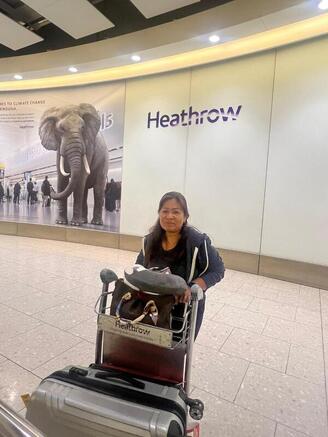
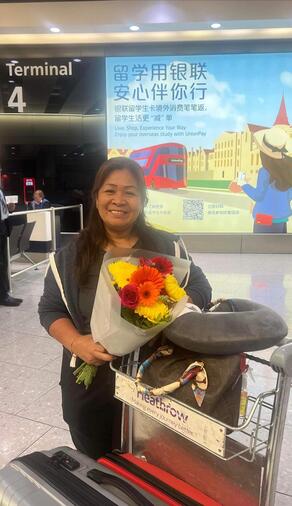
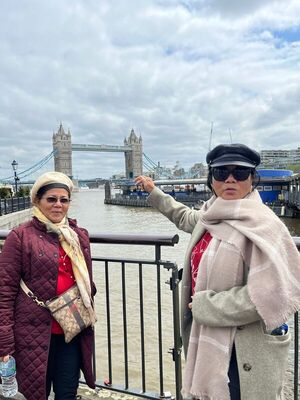
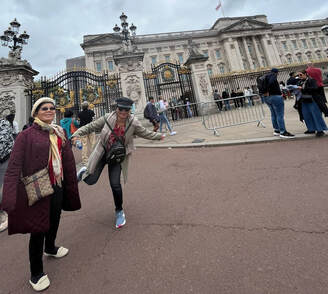
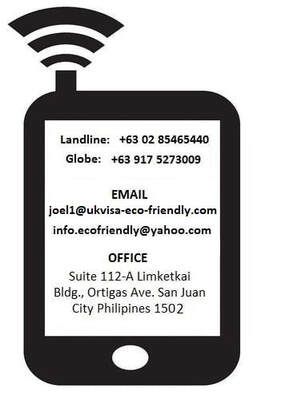
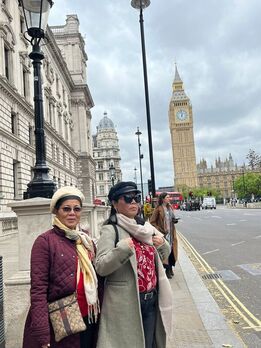
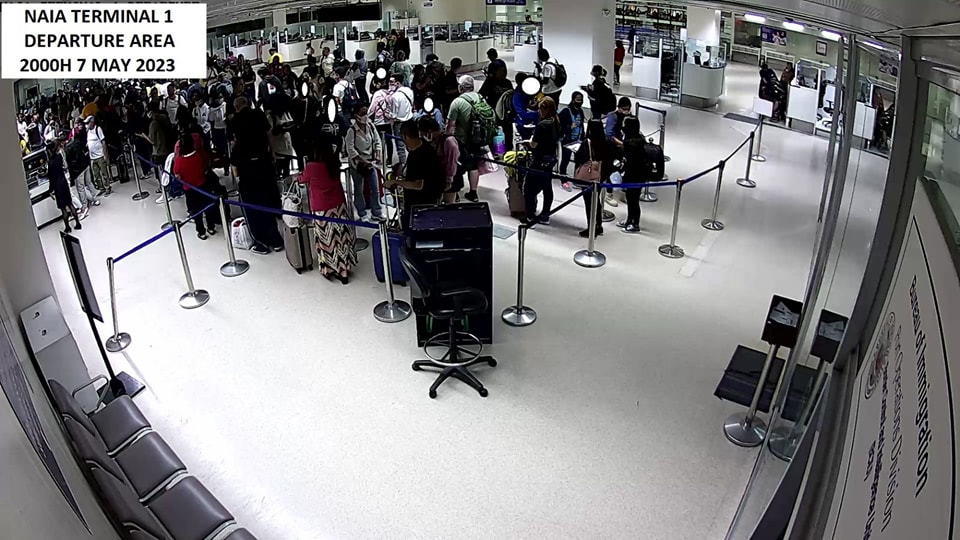
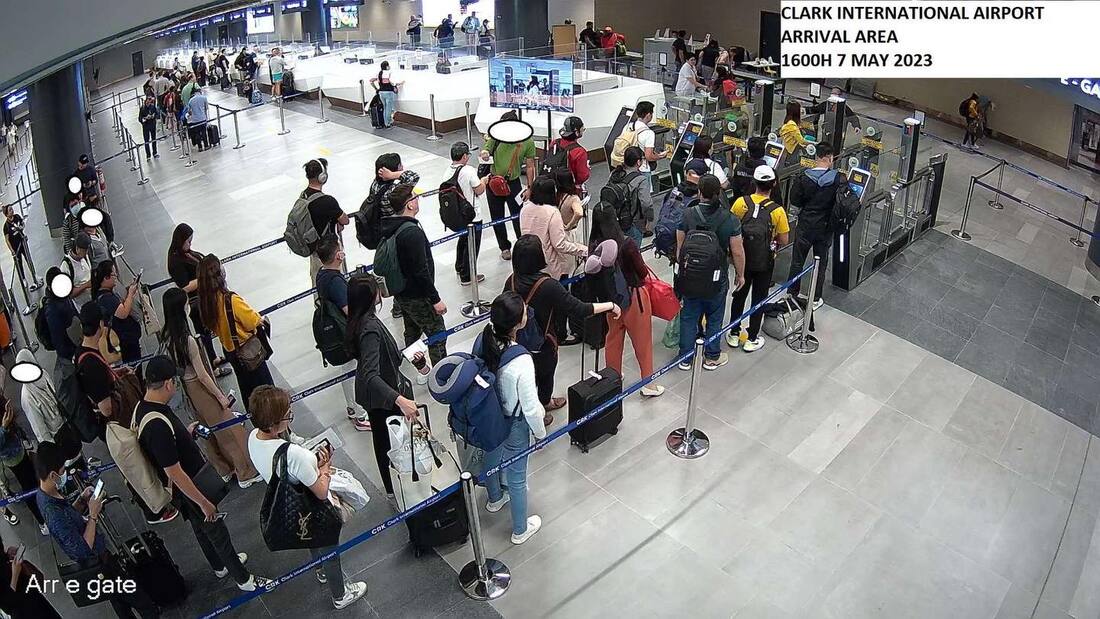

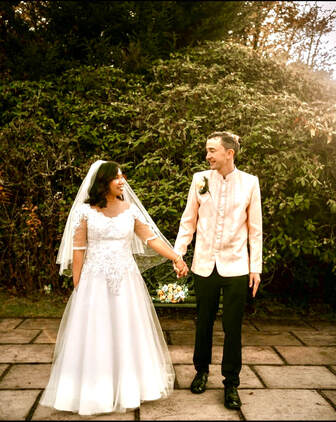
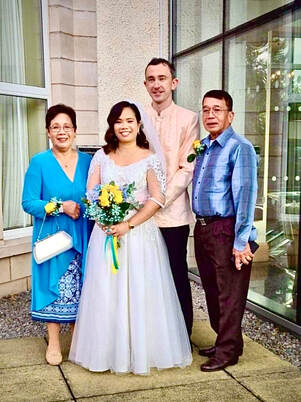


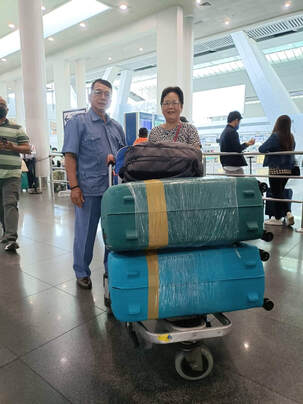




 RSS Feed
RSS Feed